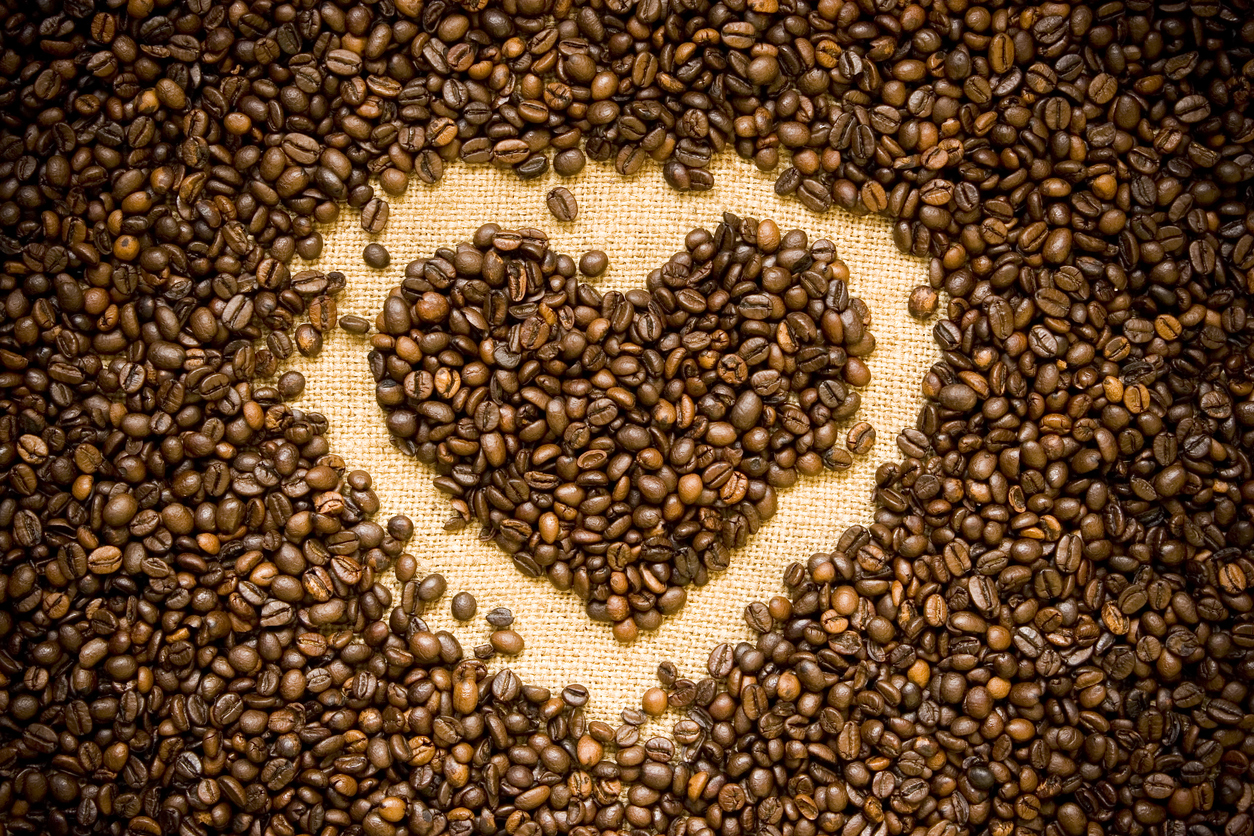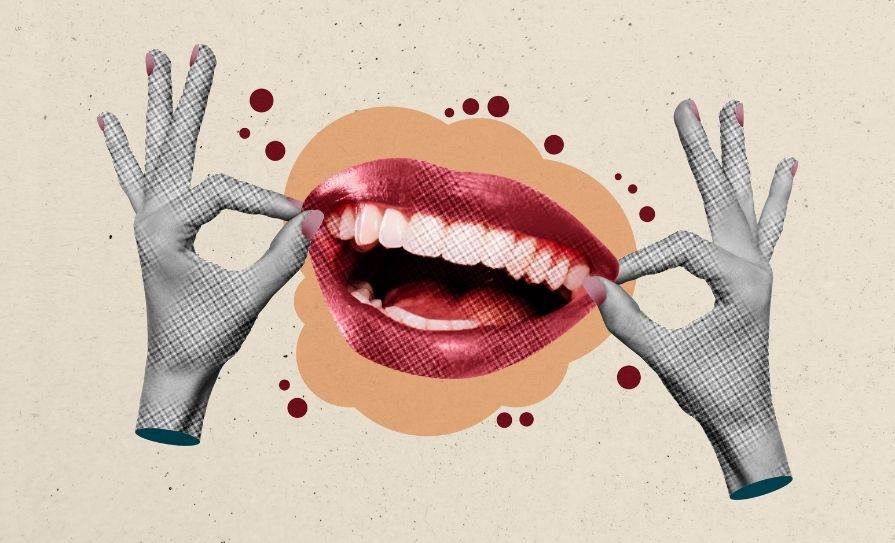Summer approaches, along with all the associated pleasures that go with it. However, summer can spell doom for many of Europe’s honeybees.
It has come to light in the past couple of years that rising temperatures in the UK and mainland Europe had disastrous effects on honeybees. At 400°C, honeybee drones convulsed and ejaculated explosively, leading of course to a grisly demise. With another rise of a couple of degrees, some die after only a couple of hours, with an estimated 50 per cent more dying within six hours.
Put simply, they ejaculate themselves to death as their abdomen-sized penis-equivalent shoots out of their body, mimicking a type of ‘spontaneous combustion’.
Of course, honeybees are vital to our ecosystem, biodiversity, and food security in terms of pollination – it’s estimated that approximately 75 per cent of crops produce improved yields if animals help them pollinate.
Medicinally, bees and their wax and honey have been used for millennia. Modern research has been conducted to show antioxidant, antimicrobial, anti-inflammatory, and anticancer properties associated with bees and their produce.
In traditional medicine, honey has been used to ‘treat’ a wide variety of conditions, from eye diseases, to throat infections, constipation, worm infections, eczema, wounds, and a whole raft of other problems. A 2020 study published in Nature even claimed that melittin, a component of honeybee venom, could kill some cancer cells. Many pharmaceutical skincare ointments also contain beeswax, which also has practical applications in fuel and waterproofing.
Increased use of pesticides and urbanisation have been a challenge for bee populations for some time, but the recent observation about the effect of extreme heat is an extra concern. In an interview with Newsweek, Dr Alison McAfee, postdoctoral Fellow at the University of British Columbia’s Michael Smith Laboratories, observed: “We don’t know exactly why, but drones ejaculate when they get too stressed. Ejaculation kills them because it basically eviscerates their abdomen. This happens during natural mating too – drone honey bees always die after mating.”
“The fact that drones die in the heat means that as heatwaves continue to become more intense, longer, and more frequent, there may be fewer drones around to mate with new honey bee queens,” she continued. “This could be a problem for queen production, which is a big chunk of the industry.”
So much for the problem – Dr McAfee and colleagues are now working on some potential solutions, one of which involves keeping hives cool to prevent as many male deaths as possible. One way to do this is by coating hives in two-inch polystyrene covers, which decreased the internal temperature by almost 40°C and can potentially protect them against future heatwaves.
Beekeeper Ms Emily Huxter is also working on a plan to provide colonies with a feeder full of sugar syrup in a structure that acts as a ‘bee cooling station’. Bees who were fed with syrup were about one degree cooler as a result, the researchers found.
“Bees will naturally go find water to bring back to the hive and fan it with their wings to cool down, which achieves evaporative cooling, much like we do when we sweat,” she commented. “Giving them syrup nearby should let them do the same thing and the sugar in it motivates them to take it down faster.”













Leave a Reply
You must be logged in to post a comment.